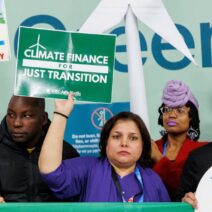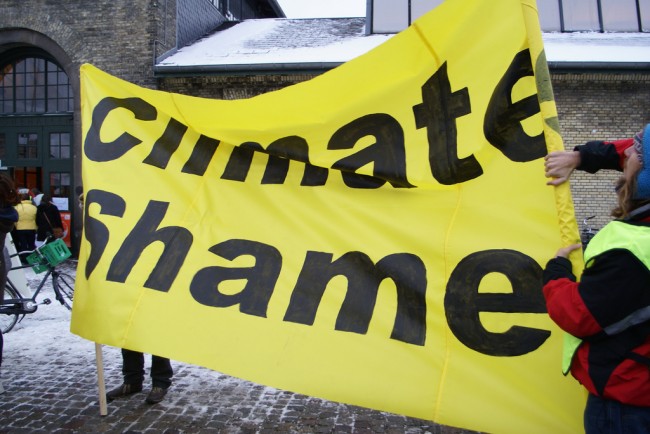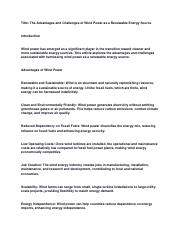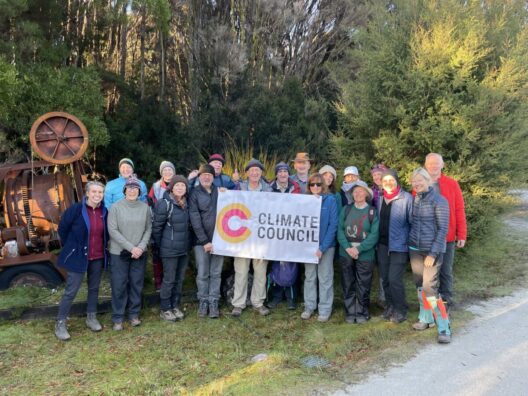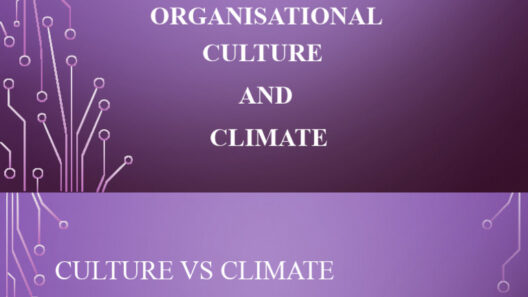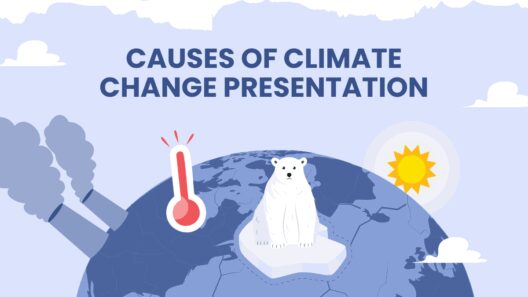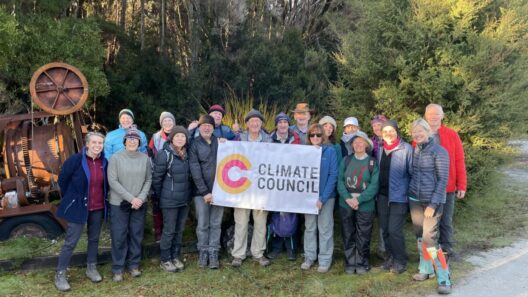The belief in climate change has become a contentious topic. Despite overwhelming scientific evidence, a significant portion of the global population remains skeptical. Understanding the reasons behind this disbelief is essential for addressing both climate change advocacy and education. This exploration delves into the complexities of climate skepticism, revealing underlying factors that contribute to this phenomenon.
In recent years, society has witnessed a conspicuous divide regarding the acceptance of climate change. For many, recognition of its reality evokes a sense of urgency, while others maintain an almost indefatigable skepticism. This divergence raises pertinent questions: What impels individuals to disregard scientific consensus? What psychological, cultural, and political factors shape this disbelief? To answer these questions, one must navigate the intricate web of perceptions surrounding climate change.
**Psychological Mechanisms at Play**
One of the foundational elements contributing to climate change skepticism is cognitive dissonance. This psychological phenomenon occurs when individuals encounter information that conflicts with their preconceived beliefs or values. Admitting that climate change is a pressing threat necessitates a radical shift in one’s worldview, often prompting resistance rather than acceptance.
The concept of confirmation bias further complicates this landscape. Many individuals gravitate towards information that corroborates their existing beliefs while dismissing contrary evidence. For those who associate climate change with increased governmental regulation or economic consequences, skepticism may serve as a mental armor, shielding them from the discomfort of change.
Moreover, the phenomenon of the “backfire effect” can erode trust in climate science. When people are confronted with facts that contradict their beliefs, they may end up reinforcing their original positions. This psychological response highlights the challenges activists face in communicating the urgency of climate issues. It underscores the need for empathy and patience in discussing climate change rather than reliance on simply presenting facts.
**Cultural Narratives and Worldviews**
Beyond psychological mechanisms, cultural narratives play a significant role in shaping beliefs about climate change. Diverse communities possess distinct worldviews, influenced heavily by cultural, religious, and social backgrounds. For some groups, belief in climate change may threaten established loyalties or ideologies, particularly if they perceive it as an affront to their values or identity.
This cultural dichotomy illuminates the ways in which climate change has become entwined with political ideologies. In some regions, particularly in the United States, climate skepticism has emerged as a hallmark of conservative identity. This polarization implies that endorsement of climate change or policies designed to mitigate it could signify a betrayal of core principles. The intertwining of climate change with partisan politics hampers constructive dialogue, further entrenching opposing viewpoints.
Moreover, when scientific discourse is reframed as a narrative steeped in alarmism, it evokes apprehension and resistance among individuals who naturally recoil from fear-based messaging. Instead of fostering engagement, such narratives may alienate those who might otherwise be open to learning more about climate change. Striking a balance between urgency and approachability is crucial for effectively communicating climate issues across cultural boundaries.
**The Influence of Misinformation**
In the age of information, misinformation proliferates across digital platforms, complicating public understanding of climate science. Falsehoods about climate change can gain traction through social media, often facilitated by echo chambers that validate skewed perspectives. The interplay of misinformation and confirmation bias exacerbates skepticism, creating a vicious cycle wherein individuals cling to inaccurate beliefs.
Notably, the fossil fuel industry has played an insidious role in perpetuating climate skepticism. Through funding disinformation campaigns, vested interests aim to sow doubt regarding the overwhelming scientific consensus on climate change. Such tactics not only polarize public opinion but also delay action and understanding—ultimately exacerbating the climate crisis. The dissemination of misleading information underscores the critical need for media literacy and critical thinking skills in engaging substantively with environmental issues.
Furthermore, educational systems often falter in addressing climate literacy effectively. While some efforts have been made to integrate climate education into curriculums, significant gaps remain. This educational deficiency cultivates a populace that may lack the requisite understanding to fully appreciate the complexities of climate science, leaving individuals vulnerable to disinformation and misunderstandings.
**A Path Towards Understanding**
Addressing climate change skepticism begins with acknowledging the underlying psychological, cultural, and informational dimensions at play. Greater emphasis on empathetic and open dialogue can help bridge the divide between skeptics and advocates. This includes tailoring communication strategies to resonate with diverse cultural perspectives, moving away from alarmist framing, and fostering collaborative discussions that facilitate understanding rather than alienation.
Promoting media literacy is also vital in combating misinformation. By equipping individuals with critical thinking skills, people can become more discerning consumers of information, better able to navigate the complex landscape of climate discourse. Furthermore, educational initiatives can play a transformative role in fostering climate literacy among younger generations, cultivating a more informed public ready to engage with the realities of climate change.
In conclusion, the reasons people do not believe in climate change are multifaceted and deeply rooted in psychology, culture, and information dynamics. By delving into these layers of disbelief, advocates can foster more productive conversations about climate change, ultimately facilitating a larger dialogue necessary for meaningful progress. Understanding the intricacies of climate skepticism is essential for fostering a more informed society capable of tackling one of the most pressing issues of our time.


